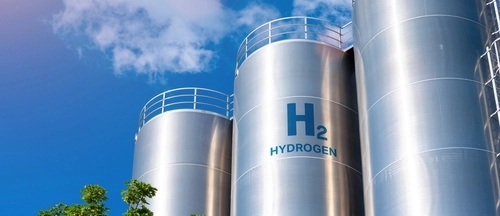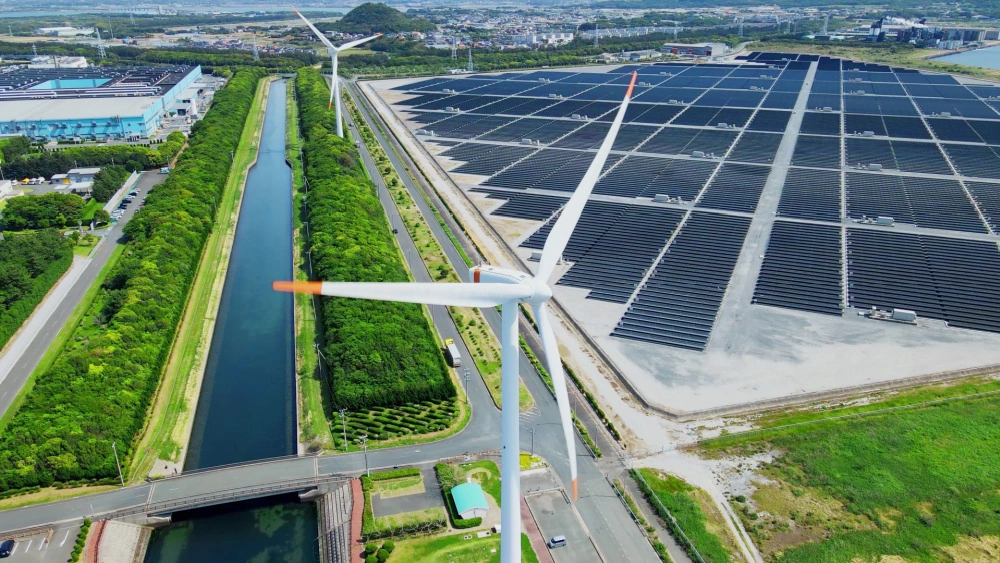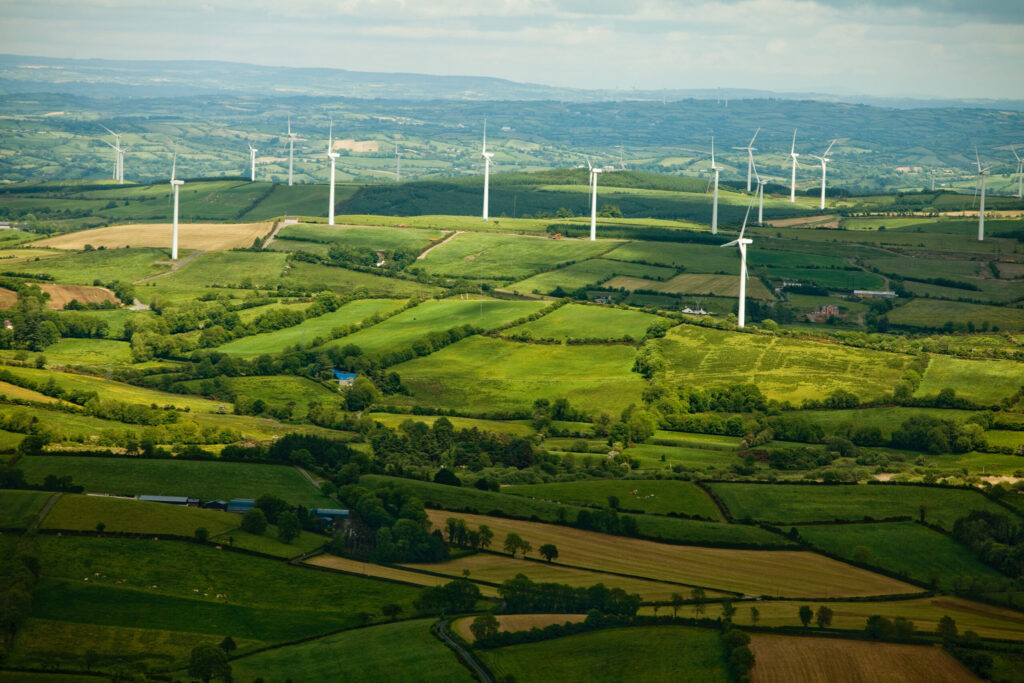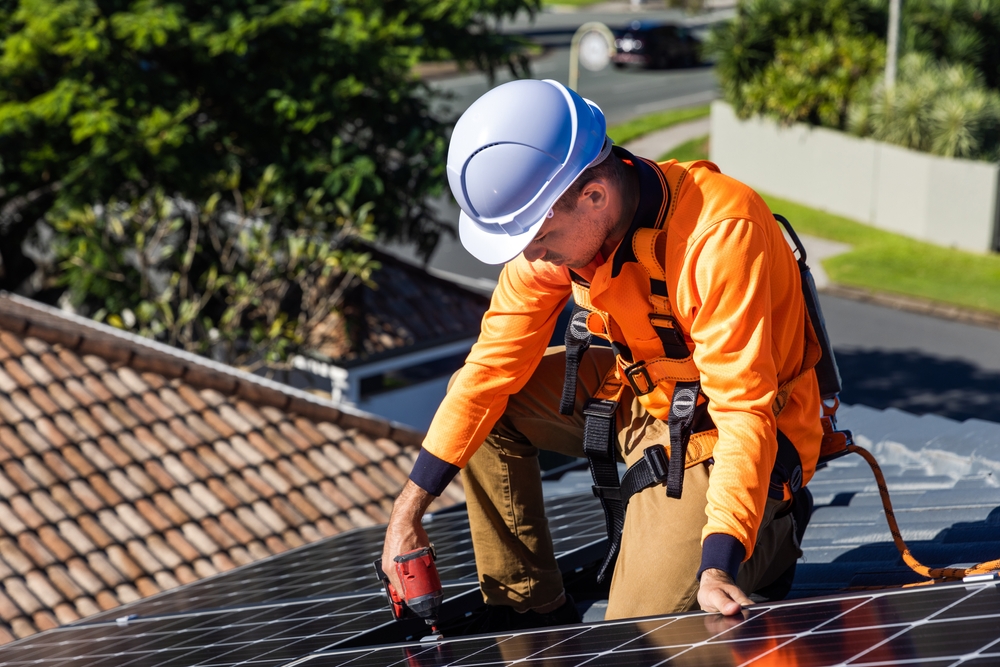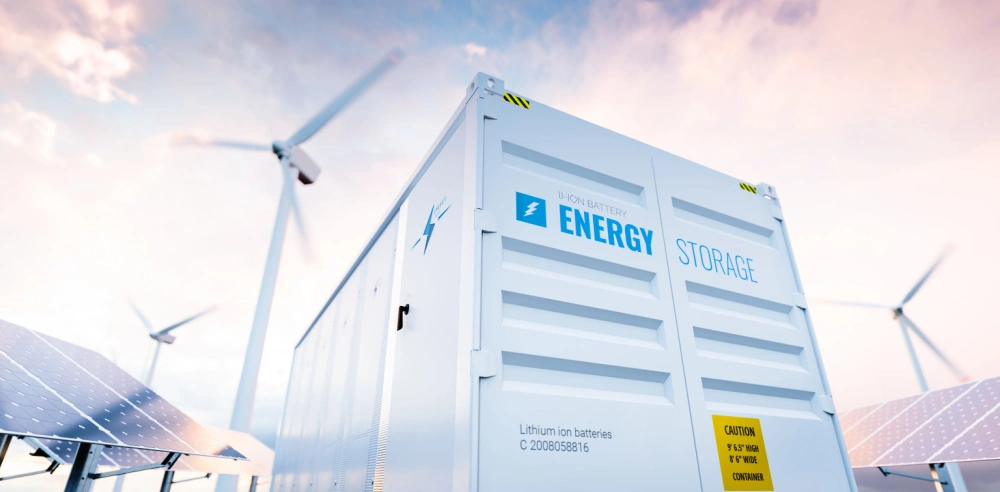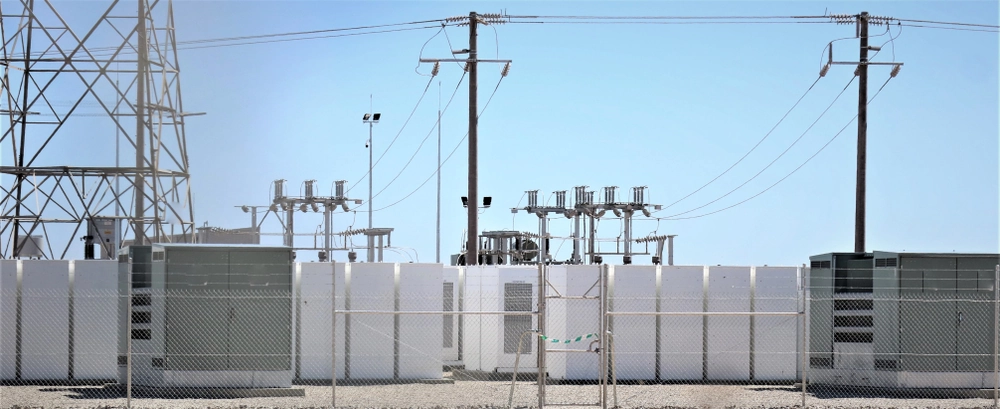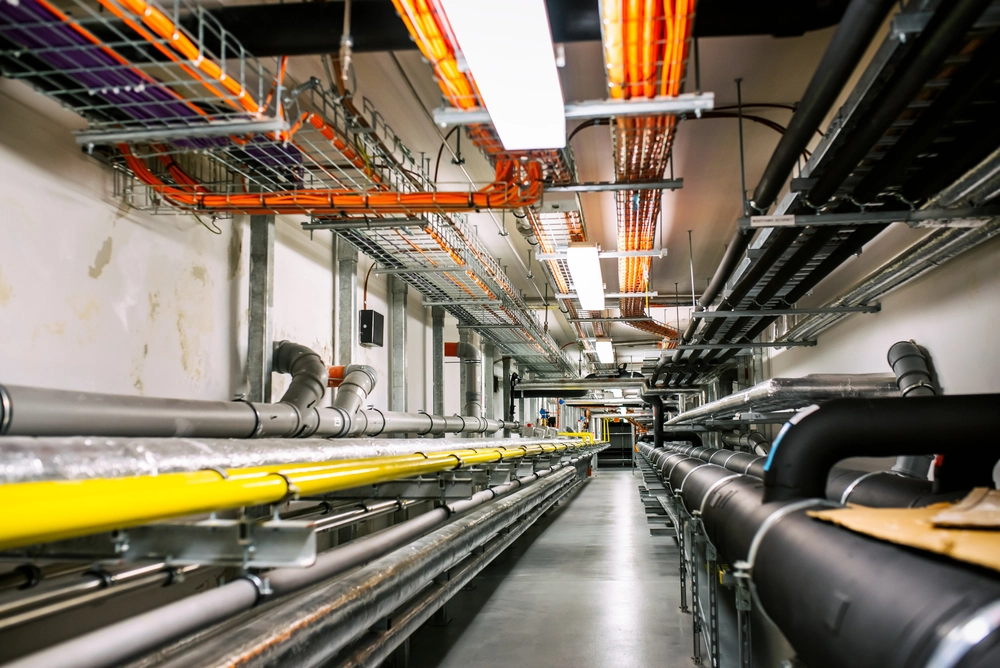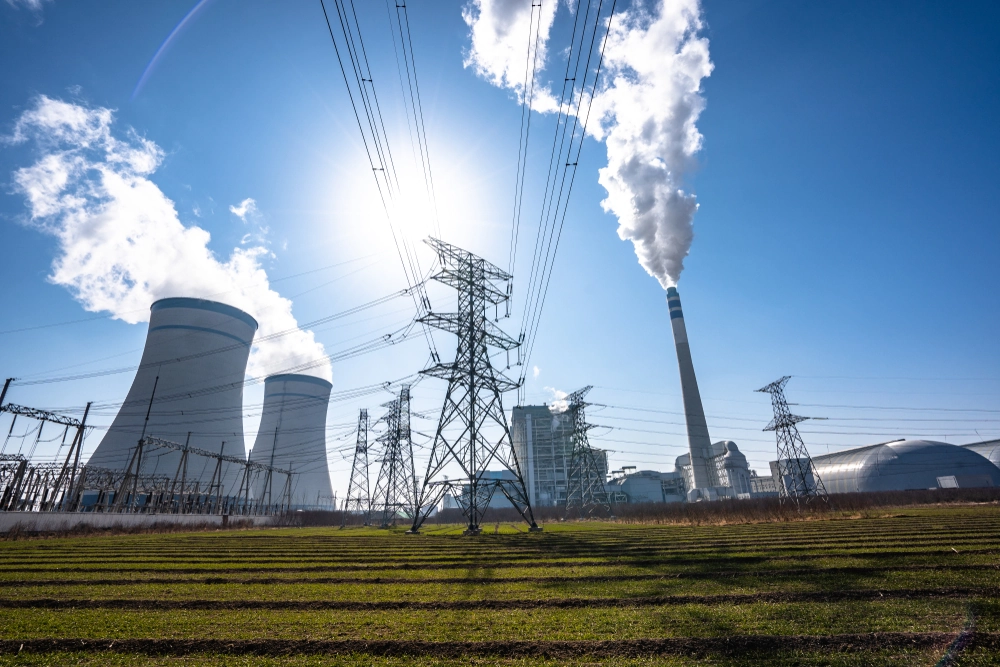The recommendations are focused on ensuring that industry and Government work closely together to provide the use case and opportunity for hydrogen, and to provide the Government with much needed technical information and data. This will enable the latter to make decisions on some of the topics highlighted above.
The investment opportunity
In its updated Hydrogen Net Zero Investment Roadmap, the Government highlights that by "…by 2030 the sector (i.e. hydrogen) could support over 12,000 jobs and unlock up to £11 billion in private investment" and anticipates a steady increase in the deployment of low-carbon (green and blue) hydrogen projects between 2024 and 2030.
To deliver on the scale of the ambition, the Government estimates that:
- Up to £9bn of investment will be needed by 2030 to support hydrogen production. This is not just investment in individual projects, but also investment in the manufacturing and supply chain, as one of the key constraints identified is the capacity and the rate of progress of electrolyser manufacturing.
- Up to £2bn of investment will be required in the transport and storage sector by 2030. This will sit alongside the business model that the Government is developing specifically for the storage and transport sector.
In October 2022, we hosted our second green hydrogen roundtable and the consensus was that the UK risked being left behind, as other countries in Europe and further afield were creating a more investor-friendly environment.
That said, the results of the first electrolytic allocation round show that there is still appetite to invest in the UK, largely due to a combination of the following factors:
- Abundance of renewable energy projects.
- Clusters with difficult to decarbonise industries.
- A desire to collaborate and explore the opportunities that the hydrogen economy brings.
There has already been a flurry of events this year all aimed at bringing a variety of experts together to focus on finding a viable route to market for green hydrogen projects. Developers, scientists, and manufacturers alike continue to work on a wide range of technologies covering a range of applications and the growing momentum in this industry is tangible.
At a Marine Energy Wales conference held in Swansea in March, ERM Dolphyn presented its floating offshore wind farm with an integrated electrolyser on the platform and a hydrogen pipeline to shore. They reported that the small-scale trials this year had shown a good local demand for hydrogen.
At the Bristol Hydrogen Industry Leaders event in March, a representative from the Hyro joint venture explained how it is already working to ensure that gas is replaced with green hydrogen in two UK manufacturing sites. Both these projects demonstrate how green hydrogen has an important role to play in the energy transition.
We have booked our places at the next round of hydrogen conferences including the Green Hydrogen 2023 event organised by RenewableUK in May and the Hydrogen Gateway Conference organised by Western Gateway in June. We're looking forward to assisting with the progress of this technology and continuing to promote the implementation of clean energy schemes to support it
For more on green hydrogen, listen to our Thinking global podcast.


